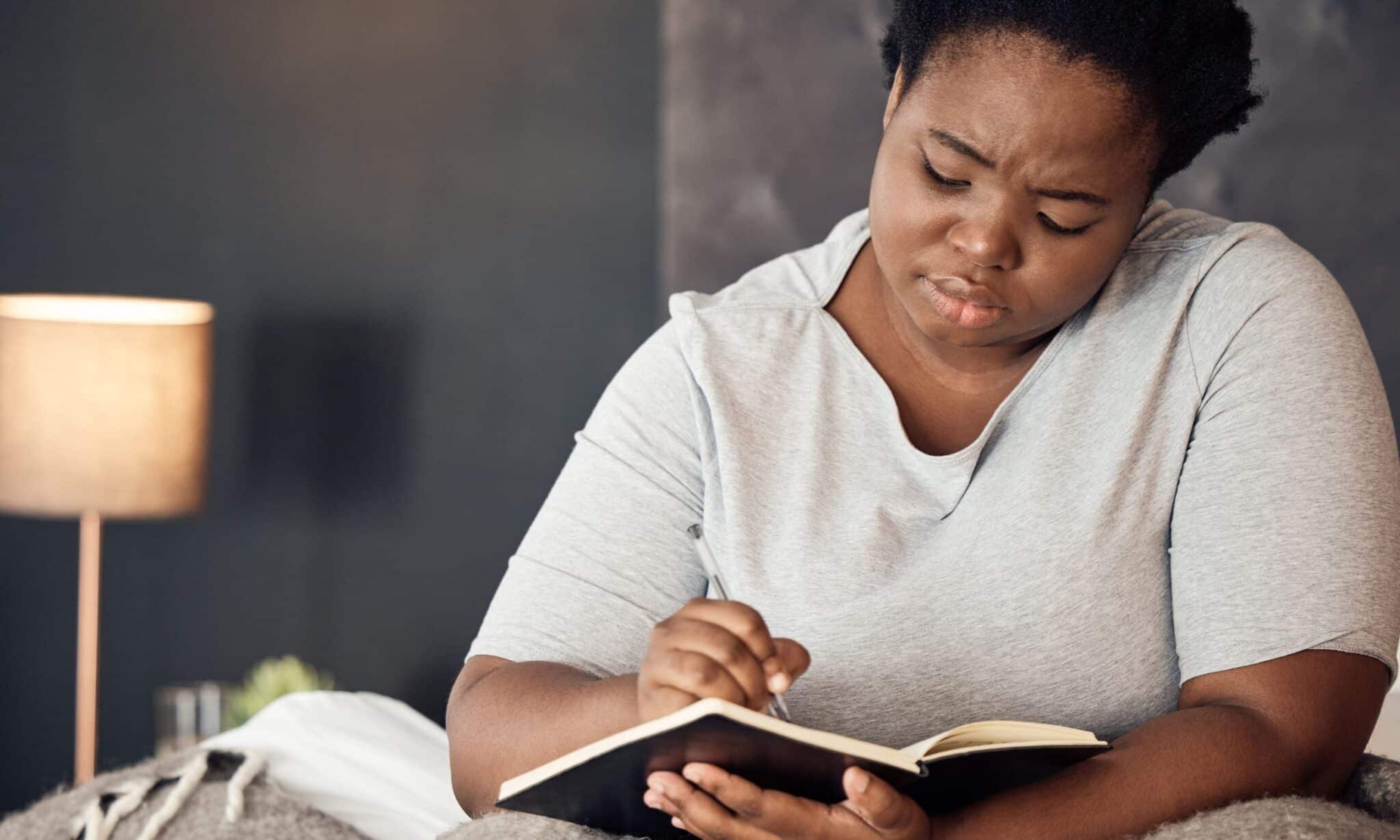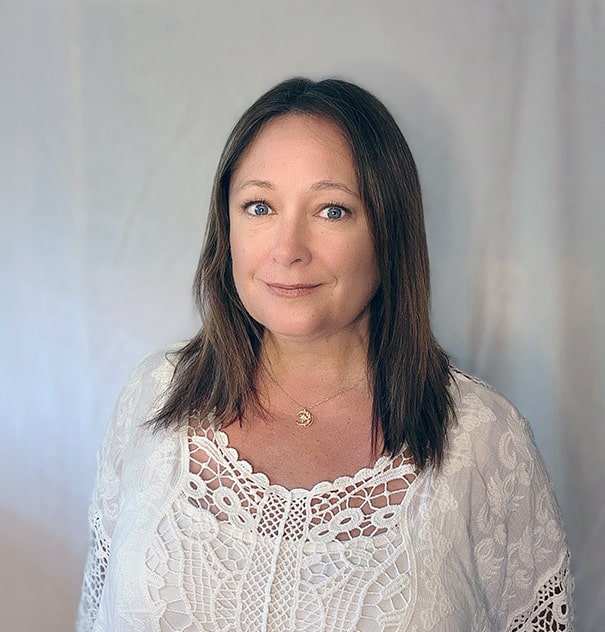Grieving a Complicated Relationship vs. Complicated Grief
The grief that follows a complicated relationship and what we call complicated grief (now clinically termed Prolonged Grief Disorder) are two distinct experiences, though they may overlap.
Grieving a complicated relationship involves mourning someone with whom we had mixed or ambivalent feelings—perhaps there was love alongside pain, connection mixed with disappointment. This type of grief can be complex because it’s filled with unresolved emotions that don’t fit neatly into the expected patterns of loss.
Prolonged Grief Disorder, on the other hand, is a recognized mental health condition where the intensity and duration of grief become so persistent that it disrupts daily functioning. This isn’t about the nature of the relationship itself but rather about the way grief lingers and impacts the person’s life, often for much longer than expected.
While grieving a complicated relationship can contribute to prolonged grief, it doesn’t automatically lead to Prolonged Grief Disorder. But when the loss and accompanying unresolved emotions are especially intense, support and therapeutic interventions can help guide the healing process in healthy, sustainable ways.
This article focuses on grief when your relationship with the person was complicated.
Grief and complicated relationships
Grieving a complicated relationship is never straightforward. You’re carrying a mix of emotions, often feeling both loss and relief, love and frustration. It’s a grief that doesn’t fit into traditional molds, but it’s real and deserves the same care and compassion. I understand this from personal experience—I’ve had my share of complex relationships, including the one with my father, and I wonder how I’ll grieve him one day. As you move through this process, know that you don’t have to have all the answers at once. Give yourself the grace to take this journey one step at a time.
Coping with a myriad of seemingly opposite emotions
When you’re grieving a complicated relationship, it’s natural to feel conflicted. You might feel sadness, relief, anger, nostalgia—all at once. Emotions aren’t logical, but they’re valid. I often return to this when I reflect on my father and the layers of emotions tied to him. Accepting these feelings isn’t easy, but it’s essential.
Practical Ways to Accept Your Complex Emotions:
- Write to Capture the Full Story: Reflect on the good and the bad parts of the relationship. Without judgment, write down everything you remember about this person and your time together. Honor the complexity by allowing the full story to emerge.
- Create a Safe Emotional Space: Set aside a time and place to explore these emotions. This can be a special journal, a cozy corner, or even a specific day each week. Knowing that there’s a dedicated space for this can help contain the emotions so they don’t feel overwhelming.
- Practice Self-Compassion: Treat yourself as you would a dear friend. Remind yourself that all emotions are part of your healing process, and they’re not “wrong” or “right.” This compassionate approach helps ease the discomfort that can come from holding contradictory feelings.
- Try a Reframing Journal Exercise: When you feel ready, consider writing an apology letter from the perspective of the person who hurt you. This is a challenging exercise—it took me a while to attempt it, and it may feel too vulnerable at first. But in time, this practice can help you release some of the emotional weight. Don’t force it; let this happen when the time is right for you.
Repairing the Relationship with Yourself
Healing after a complicated relationship often means healing your own self-worth. Over the years, I’ve had to rebuild my relationship with myself after my father’s critical words left a lasting impact. The journey back to self-trust and self-compassion has been essential to my own healing.
Practical Ways to Reconnect and Repair:
- Practice True Self-Compassion: Dr. Kristen Neff’s work on self-compassion introduced me to three core elements: mindfulness, common humanity, and self-kindness. Practicing these regularly transformed my own healing, and I dedicated three years to deeply integrating them. It’s a commitment, but one I can’t recommend enough if you’re on this journey of self-repair.
- Work with Your Attachment Style: Understanding your attachment style—whether it’s anxious, avoidant, or secure—can be a game-changer. I work with clients in my private sessions to identify their attachment patterns and become more secure by showing up for themselves, learning to communicate and meet their needs, and setting healthy boundaries. It’s a skill that not only impacts your current relationships but also shapes how you approach future ones.
- Journal to Connect with Yourself: Journaling can be a tool for self-connection, not just venting. Start with a prompt like, “Good morning, [Your Name]. What do you really need today?” When I write, “Good morning, Heather, what do you really need today?” it grounds me in my own needs and helps me approach myself with care. This is more than just writing; it’s checking in with the part of you that may feel unheard.
Creating Rituals for Healing after a Difficult Relationship
Rituals create a sense of containment and allow you to engage with your emotions in a tangible way. After my stepfather’s death, a ritual of using his camera to capture nature scenes brought me peace. Rituals can help you process loss, no matter how complicated.
Ideas for Healing Rituals:
- Create a Self-Love Ritual: Design a ritual that reparents you, treating yourself as you wish you’d been treated. This might look like lighting a candle, giving yourself a compliment, or even preparing a comforting meal. It’s about creating a moment that acknowledges your own worth and care.
- Choose a Symbol of the Relationship: Find a physical object—like a stone or plant—that represents the relationship. This can be a way to honor both the beautiful and challenging parts of what you shared, serving as a grounding reminder of your journey.
- Write a Letter of Forgiveness From the Person Who Died: When you feel ready, try writing a letter of forgiveness. This letter doesn’t need to be sent; it’s a chance to let go of the resentment that may linger. Forgiveness here is for your own healing, helping you release what no longer serves you.
Seeking Support When Grieving Someone Who Was Less Than Easy
Grieving someone who was difficult or whose relationship with you was complicated can feel uniquely isolating. The grief is real, but it often doesn’t receive the same support or understanding from others who may not grasp the complexity. It’s important to seek the right kind of support—one that honors both the pain of the relationship and the pain of the loss.
As a grief counselor, I offer guidance to help you navigate these layered feelings, whether that involves working alongside your trauma therapist or addressing your unique needs in individual sessions. In my Awaken Grief Support Program, we welcome all kinds of grief—including those for relationships that weren’t easy. You’ll find a compassionate community that acknowledges the full spectrum of grief, honoring both the difficult and the beautiful aspects of your loss.
You don’t have to face this alone, and support is available to help you heal at your own pace.
Find the Right Support:
- Consider Working with a Grief Therapist: Specialized support from a grief therapist can make a profound difference. I work with people from all walks of life, including those grieving complex relationships. Together, we can approach your unique needs, and if you’re also working with a trauma therapist, I’m happy to collaborate to create a cohesive support system.
- Join the Awaken Grief Support Program: Awaken is an inclusive space for all forms of grief, including complicated or unresolved relationships. You’ll find a community of understanding, a place where all types of relationships are acknowledged, not just the easy ones.
- Lean on Compassionate Friends and Supportive Resources: Surround yourself with people who validate your experience. Books, podcasts, and workshops can also provide comforting insights and tools. In Awaken and beyond, there are resources designed to help you feel less alone in this journey.
Conclusion
Grieving a complicated relationship is a journey back to yourself. It’s a time to honor your experiences, heal from old wounds, and discover new layers of self-compassion and resilience. Remember, this process is yours to take at your own pace, and your grief, no matter how complicated, is valid. If you’re looking for a compassionate space to explore this process, join us in the Awaken Online Grief Support Program. Together, we can hold space for your story, your healing, and your journey toward wholeness.


